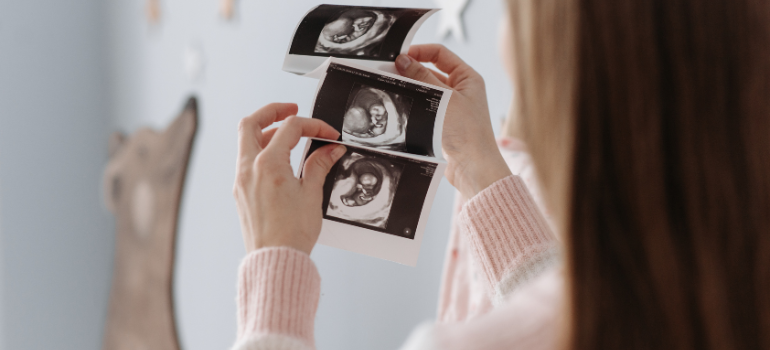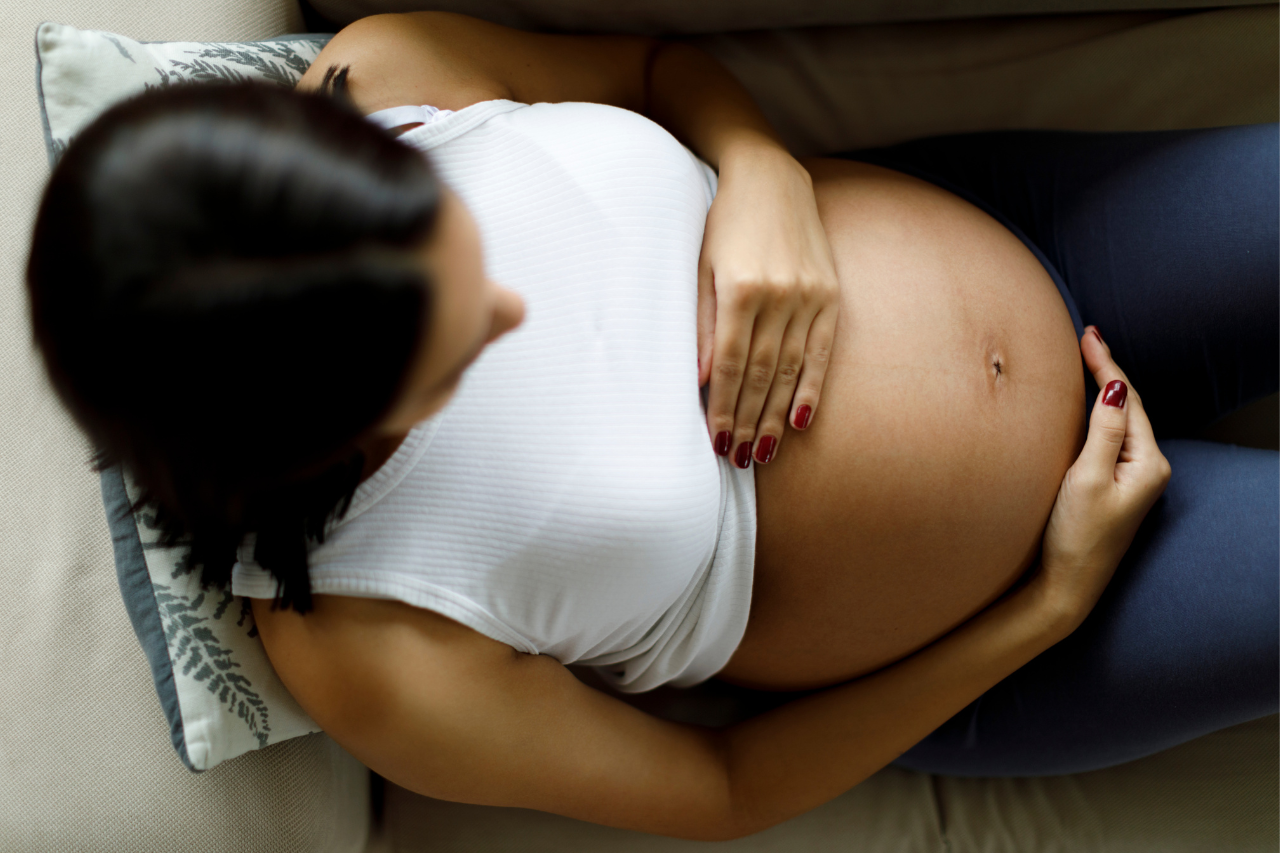
Premature Ovarian Failure does not always mean a failure in motherhood
It is true that especially nowadays the journey to fertility is a challenge and a situation that is sometimes difficult to handle. But with expertise, support, patience and determination anything is possible.
Premature Ovarian Failure
Premature ovarian failure (POF/POI) means loss of normal ovarian function before the age of 40. However, many doctors prefer the medical term Primary Ovarian Insufficiency, POI, because they consider it more accurate, as POI can be temporary in some women. There are women with POI who can achieve a natural conception, with the right treatment, early diagnosis and the right psychology, so the word “failure is not suitable.
“Anatomy” of POF/POI
With main consequences being infertility and increased risk of osteoporosis, POI is a condition in which normal levels of estrogen are not produced, so eggs are not released regularly, causing amenorrhea and increased levels of gonadotropins. About 1% of the female population is affected by this disorder which causes infertility problems at a relatively young age.

How do I know if I have POI?
Many women who are trying to get pregnant go ahead with certain tests, including POF/POI, especially if they have some indications before they start trying. If you think you have POF/POI, you should consult a gynecologist who specializes in reproductive endocrinology, who will do the following tests:
- Your general medical history and whether you have relatives with POI.
- Hormonal tests – Follicle-stimulating hormone, FSH-estrogen and anti-Mullerian [AMH] levels), which are often repeated a second time to confirm your diagnosis.
- Pregnancy test, to make sure you are not pregnant.
- A physical exam, to look for signs of other disorders that could be causing your symptoms.
- Blood tests, to check certain hormone levels.
- Also, a blood test for chromosome analysis to collect genetic information or other diseases you may be at risk of developing affecting your health or the health of your family members.
- Pelvic ultrasound, to see if the ovaries are enlarged or have multiple follicles.
- Bone density control.
What are the causes?
Assisted reproductive technology (ART) has come a long way in providing successful fertility treatments, however, there is still difficulty in diagnosing and justifying some conditions. POF/ POI is one of them, since in 90% of cases the cause is unknown. According to reports, 20% to 30% of cases are related to autoimmune diseases.
Some of the known causes are the following:
- Medical history of ovarian surgery
- History of POF/POI in close family members, sister and mother, as a warning, prediction of possible risk for POF/POI
- Genetic disorders such as Turner syndrome, fragile X syndrome
- Autoimmune disorders, such as Addison’s disease and those affecting the thyroid and adrenal glands.
- Toxins such as chemicals, pesticides and cigarettes
- Radiotherapy or chemotherapy
- Metabolic disorders
Symptoms of Premature Ovarian Failure
The symptoms are similar to those of menopause and are characteristic of estrogen deficiency:
- Amenorrhea, reduced estrogen production and high levels of gonadotropins
- Irregular menstruation, for a long time
- Occurrence of irregular periods for the first time after pregnancy or stopping birth control pills
- Hot flashes
- Mood changes
- Night sweats
- Dryness of the vagina
- Inability to concentrate
- Decreased sexual desire
- Bladder control problems
- Loss of energy
- FSH levels same as the menopause ones
- Infertility

Treatment for premature ovarian failure
This is a difficult situation, but pregnancies are very likely to occur spontaneously. Although no way has yet been found to increase the number of new eggs in the ovaries or improve the quality of existing eggs, there are treatments that can help women with POF/POI become pregnant.
Ovarian rejuvenation treatment
It is the most innovative method “born” in Greece and is based on the injection of blood plasma into the ovaries, creating new eggs in the ovaries of women who cannot conceive due to early menopause, premature ovarian failure, advanced maternal age or low ovarian reserves, but they wish to have their own biological child.
Hormone Replacement Therapy (HRT)
This method is often recommended in some cases to relieve POF/POI symptoms. It replaces female hormones that are at a lower level as women experience menopause and also relies on medications, including tablets, skin patches, gels and vaginal creams or rings.
Egg donation
The most generally accepted treatment to increase the chance of pregnancy is IVF with egg donation. Volunteers donate their eggs which are fertilized with sperm from the recipient’s partner. The embryos created will be transferred to the recipient’s uterus, which will conceive them.
Freezing eggs
The procedure of freezing one or more eggs is recommended for women with a history of autoimmune diseases of early menopause or any kind of predisposing factors for POF/POI. It is important for women with such a medical history to proceed with the cryopreservation of their eggs and with the help of IVF to be able to have their biological children in the future.
Premature Ovarian Failure and Pregnancy
Many women with POF/POI have a number of eggs and follicles remaining in the ovary and may sometimes ovulate and even become pregnant. It is important to know that POF/POI is a reversible condition. It’s perfectly normal to feel like the road to fertility seems like an uneven battle. Your good psychology and family support, constant advances in research and know-how give you more chances to become mother, day by day.



